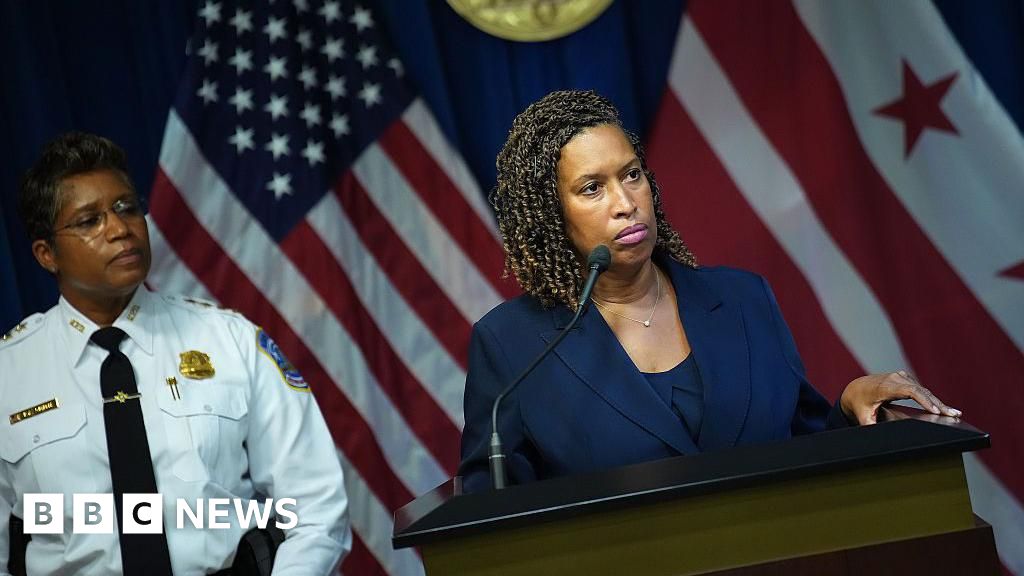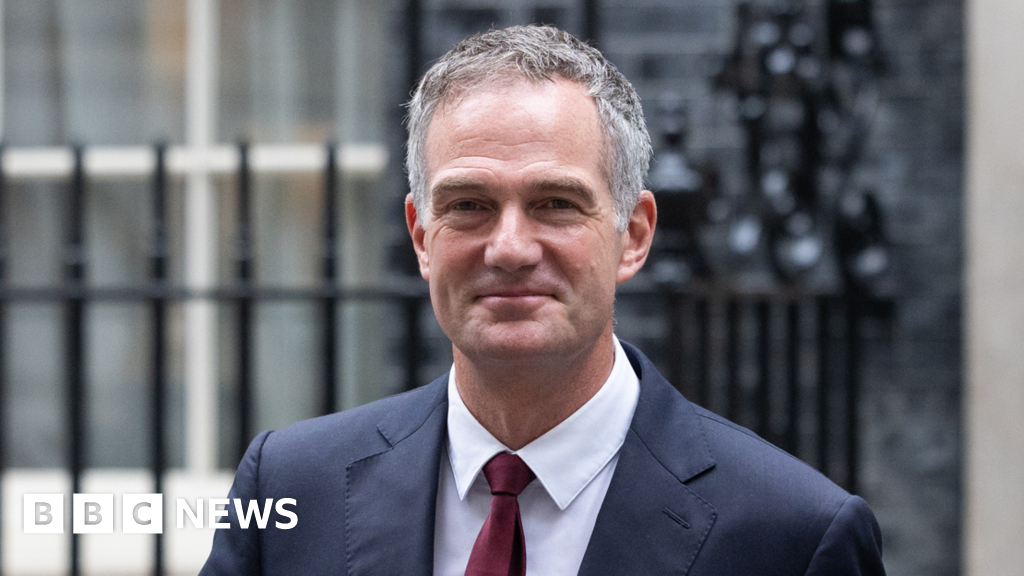
Gift of the Givers founder and Eminent Persons Group (EPG) member Dr Imtiaz Sooliman.
Jaco Marais/Gallo Images/Die Burger
- The National Convention marks the beginning of the National Dialogue, which aims to rebuild trust, address country-wide problems, and shape a shared future.
- Gift of the Givers founder Dr Imtiaz Sooliman said the dialogue is not just for people’s voices to be heard but also a mechanism for holding the government accountable.
- The dialogue has been met with mixed feelings; some are optimistic that it could work, while others believe it to be a waste of resources.
While the National Dialogue is about people being heard, raising issues, and finding solutions, it is also another mechanism for holding government accountable.
This is according to Gift of the Givers founder and Eminent Persons Group (EPG) member Dr Imtiaz Sooliman.
Speaking to News24 on the first day of the National Convention at Unisa in Pretoria on Friday, Sooliman maintained that the dialogue is not a political ploy, but a tool to allow people to have their voices heard.
The convention marks the beginning of the National Dialogue, which aims to rebuild trust, address South Africa’s challenges, and shape a shared future.
“There is willingness from the country to be heard because we know the normal issues. We know about education, about health, about potholes, but what about the people that we don’t know about, the unemployed majority, the physically and mentally challenged, and other categories? This is an opportunity for them to raise their voices,” Sooliman said.
READ | What we want you to discuss. With love, ordinary South Africans
He added, “But while saying that, there are multiple levels in which I look at this dialogue. Number one is that people are given an opportunity to speak, but at the same time, they need to take ownership of the country into their own hands. I need everybody to be a patriot.”
Sooliman said the other aspect of the dialogue is to hold the government to account.
“Why are the systems not working properly? Why are there surplus budgets in all the different departments? Why are they not used? Why are your civil servants not effective in making decisions? Why do we have so many ministries? We need to cut the ministries. We need to cut civil servants. We need to reposition jobs.
“We need better, highly skilled people who know how to control budgets, how to control logistics, and how to deliver. We need people who are efficient, not your grandfather’s sister, your brother, your uncle, your cat or dog.”
However, Sooliman stressed that he also had to be fair to the government, noting, among other things, that the taxes are not enough to run the country, no matter who is in power.
He further said that the government is not inherently corrupt, nor are the police, but rather, there are corrupt people in the government and the police force, just as in the corporate and religious world.
“We have corruption everywhere, but it doesn’t make the system corrupt,” said Sooliman.
He spoke about the need to strengthen crime-fighting and allow authorities to freely pursue any minister, politician, or government official who commits a crime.
Sooliman said these are the sorts of discussions he hopes to have, which will lead to action.
“If it doesn’t [lead to action], I’m wasting my time, to be honest.”
SA Council of Churches weighs in
Like Sooliman, Thembelani Jentile of the South African Council of Churches spoke about the scourge of corruption and the need to root it out.
“We need to see a country that is corruption-free, a country that creates jobs, and an economy that is doing well, so the dialogue is important because we just have to sit down and talk.”
Jentile believes this can only be done through the appointment of ethical leaders.
Jentile said:
We need leadership in South Africa, not just leadership but ethical leadership. If we have ethical, informed leadership, most of these problems will be sorted, and you know, the sad thing is it’s not that we don’t have the skills, or that we don’t have the leaders.
“But I think we are electing the wrong people, and corruption is right in the DNA of our country. So if we can handle that, I think we’ll do well as a country.”
Keitumetse Fatimata Moutloatse, the chairperson of the Black Womxn Caucus, which advocates for multi-pronged and cross-sectional solutions to addressing gender-based violence and femicide, is also hopeful that the dialogue will bear fruit.
“We’re not starting a dialogue, but what we seek to do is to continue the dialogue. We want to shape the dialogue. We want to influence the dialogue and its outcomes,” she said.
“We are most interested in elevating the voices of communities into decision-making processes so that we get to a stage where we have a collective plan of action as a country.”
 (1).png)
 14 hours ago
1
14 hours ago
1

















